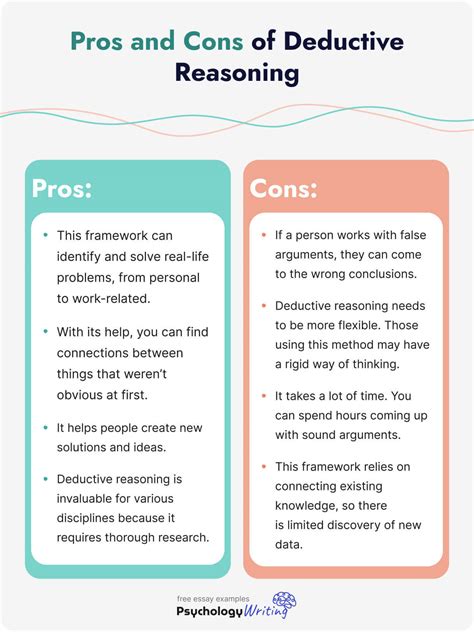Introduction
Literature and argumentation are two distinct modes of writing that serve different purposes and employ different strategies. While both can be persuasive, they approach the task of convincing readers in fundamentally different ways. This article will explore the key differences between literary and argumentative writing, examining their respective purposes, structures, and use of evidence and language.

Purpose
The primary purpose of literary writing is to explore human experience, often through storytelling or the creation of vivid imagery. It aims to evoke emotions, spark imagination, and provide insights into the human condition. Literary works can encompass a wide range of genres, including fiction, poetry, drama, and creative nonfiction.
In contrast, argumentative writing aims to convince readers of a particular point of view or course of action. It presents a logical argument supported by evidence and seeks to persuade readers to adopt the writer’s perspective. Argumentative writing is commonly used in academic essays, research papers, and persuasive speeches.
Structure
Literary writing is often characterized by a free-flowing structure that allows the author to explore ideas and themes in a nonlinear manner. It may employ literary devices such as imagery, metaphor, and symbolism to convey meaning. The structure of literary works is often flexible and adapted to the specific needs of the story or poem.
Argumentative writing, on the other hand, typically follows a structured format that includes an introduction, body paragraphs, and conclusion. The introduction presents the thesis statement, which is the main argument of the essay. The body paragraphs provide evidence and support for the thesis, while the conclusion summarizes the argument and restates the thesis.
Evidence and Language
Literary writing often relies on personal experiences, anecdotes, and imaginative language to explore human emotions and experiences. It may use figurative language, such as metaphors and similes, to create vivid imagery and convey complex ideas. The language of literary works is often rich and evocative, designed to engage the reader’s senses and emotions.
In contrast, argumentative writing prioritizes objective evidence and logical reasoning to support its claims. It uses facts, statistics, research findings, and expert testimony to build a persuasive argument. The language of argumentative writing is typically formal and precise, with a focus on clarity and logical coherence.
Table 1: Key Differences Between Literary and Argumentative Writing
| Feature | Literary Writing | Argumentative Writing |
|---|---|---|
| Purpose | Explore human experience | Convince readers of a point of view |
| Structure | Free-flowing | Structured (introduction, body, conclusion) |
| Evidence | Personal experiences, anecdotes, imaginative language | Objective evidence, logical reasoning |
| Language | Rich, evocative, figurative | Formal, precise, logical |
Applications
Literary writing finds application in a wide range of fields, including:
- Fiction: Novels, short stories, poetry
- Nonfiction: Memoirs, essays, travelogues
- Drama: Plays, screenplays
- Creative writing: Personal journaling, screenwriting
Argumentative writing is essential in the following areas:
- Academic: Essays, research papers, dissertations
- Business: Persuasive proposals, marketing materials
- Law: Legal briefs, court pleadings
- Politics: Speeches, campaign literature
Benefits
Literary writing can provide numerous benefits, including:
- Emotional engagement: Evokes emotions and connects readers with human experiences.
- Imaginative stimulation: Sparks imagination and encourages creative thinking.
- Cultural insights: Provides insights into different cultures and perspectives.
- Personal growth: Facilitates self-reflection and personal growth.
Argumentative writing offers the following advantages:
- Persuasive power: Convinces readers to adopt a particular viewpoint or course of action.
- Critical thinking: Encourages logical reasoning and critical analysis.
- Communication skills: Improves written and oral communication abilities.
- Evidence-based decision-making: Supports informed decision-making by providing objective evidence.
Table 2: Comparison of Benefits Between Literary and Argumentative Writing
| Benefit | Literary Writing | Argumentative Writing |
|---|---|---|
| Emotional engagement | High | Low |
| Imaginative stimulation | High | Low |
| Cultural insights | High | Low |
| Personal growth | High | Low |
| Persuasive power | Low | High |
| Critical thinking | Low | High |
| Communication skills | Moderate | High |
| Evidence-based decision-making | Low | High |
Conclusion
Literary and argumentative writing represent distinct approaches to communication, each with its unique purpose, structure, and use of evidence and language. While literary writing focuses on exploring human experience and evoking emotions, argumentative writing aims to persuade readers of a particular point of view. Both modes of writing play vital roles in society, providing entertainment, enlightenment, and the capacity to influence thought and action.
Further Reading
- Literary and Argumentative Writing: A Guide for Students
- The Difference Between Literary and Argumentative Writing
- How to Write a Literary Analysis Essay
- How to Write an Argumentative Essay
